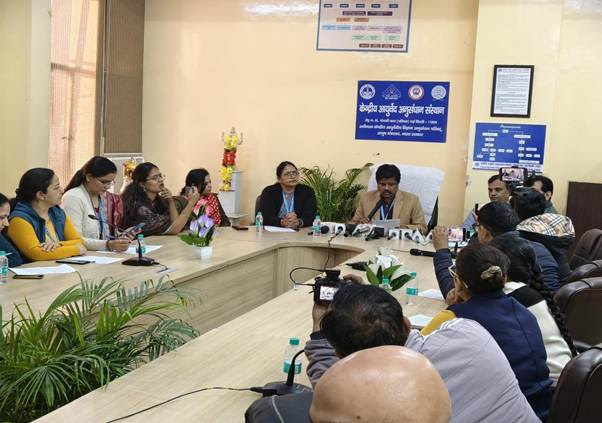Now Reading: The Role of Women in Shaping Modern India
-
01
The Role of Women in Shaping Modern India
The Role of Women in Shaping Modern India

From politics and science to startups and social reform, women in India have become powerful drivers of change. Their contribution to modern India goes far beyond traditional roles. In cities and small towns alike, women are breaking barriers, creating opportunities, and redefining the nation’s growth story with resilience and vision.
From Home to the Workplace
Indian women have steadily moved from household responsibilities to leadership roles in various sectors. Whether it’s running a successful business, managing hospitals, or heading schools, women today are contributing to the economy in visible and meaningful ways.
In Tier 2 cities like Nagpur, Coimbatore, and Indore, a growing number of women are starting homegrown ventures, freelancing, or managing small businesses while balancing family responsibilities.
Education as a Key Force
One of the biggest drivers of change has been education. As more girls pursue higher studies and professional courses, the shift in gender roles is becoming more prominent. The increasing presence of women in STEM, medicine, law, and public service reflects this evolution.
In smaller towns, government schemes and NGO support have also helped bridge the education gap, giving young girls more power to choose their careers and futures.
Women in Public Leadership
Women are taking on bigger roles in politics and governance, from panchayats to Parliament. Leaders like Nirmala Sitharaman and Droupadi Murmu inspire young girls to believe that public service is no longer a male-dominated field.
Even in rural areas, women sarpanches and local leaders are actively participating in decisions about health, water, and sanitation—bringing grassroots change that directly impacts their communities.
Balancing Tradition and Progress
What makes this transformation unique is how many women are blending modern aspirations with cultural values. In places like Bhopal, Surat, or Lucknow, it’s common to see women excelling in their fields while upholding family traditions and community ties.
This balance of tradition and ambition is reshaping Indian society in a way that’s inclusive and grounded.
Challenges That Still Exist
Despite the progress, challenges remain. Gender-based discrimination, safety concerns, and limited access to finance or property continue to slow down many women’s growth. Especially in Tier 2 and rural areas, social norms often restrict opportunities.
However, with changing mindsets and stronger policy support, more families are encouraging their daughters to dream big and pursue careers.
Conclusion
The role of women in modern India is no longer confined to the background. They are at the forefront of innovation, governance, education, and social change. Their impact is visible not just in metros but across Tier 2 and smaller cities, proving that India’s future is being shaped as much by its daughters as by its sons. Recognizing and supporting their journey is key to building a more equal and progressive nation.

























